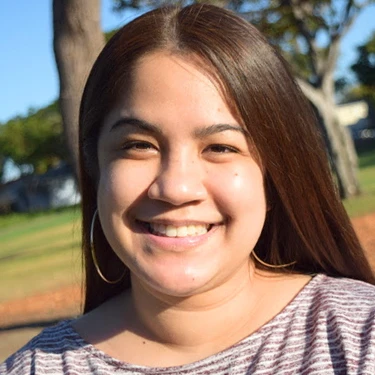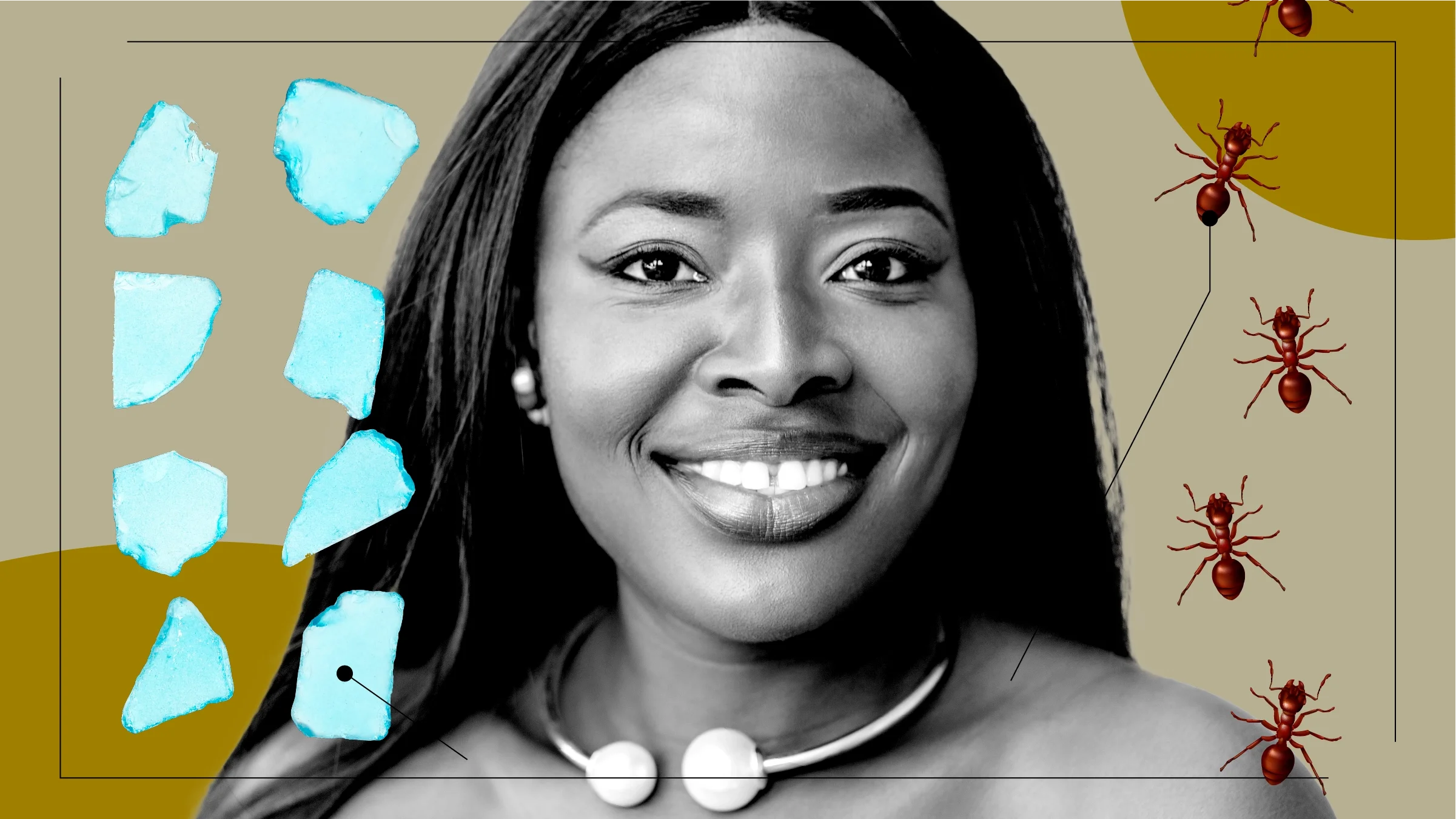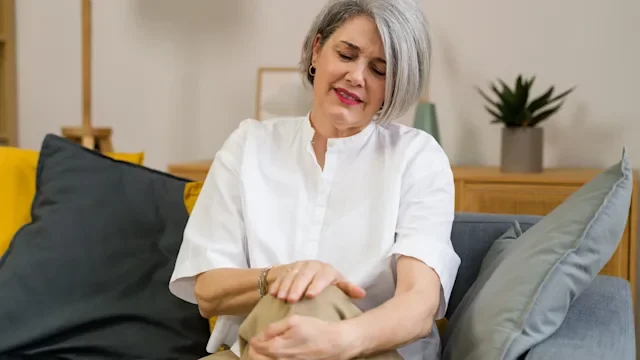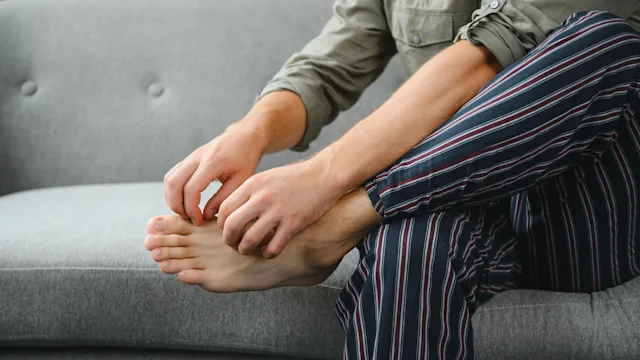Key takeaways:
Psoriasis is an autoimmune disease that causes rashes and skin discomfort.
It can feel itchy or hot to the touch.
For some people, it feels like nerve pain.
Psoriasis isn’t just a rash or dry skin. It’s a lifelong condition that goes deeper than the surface.
This autoimmune disorder causes patches of inflamed, itchy, and often painful skin that can show up anywhere on the body.
But it’s not just about the physical symptoms. Psoriasis can also affect your emotional health, relationships, and day-to-day life.
To understand what it’s like to live with psoriasis, three people explain how it feels and how they cope.
Even small movements hurt
When Matthew Kiselica was diagnosed with psoriasis at age 17, he had no idea what it was or how it would affect his life.

“It first developed on my ears and then around different spots on my face,” says Matthew, now 58 and an equity trader in Richmond, Virginia.
After seeing a dermatologist, he put medicine on his face to try to clear it up. Instead, he’s been dealing with psoriasis ever since.
“It started spreading from my scalp [and] across my face and appearing on other parts of my body,” he says. His skin would crack and bleed. It took an emotional toll on him.
“I could hear people make various comments about it, and none of those comments were kind,” Matthew says. Years after his initial diagnosis, Matthew learned that psoriasis is an autoimmune condition he’d have to manage for the rest of his life.
How do you get over being embarrassed about psoriasis? Here’s how one woman did it and how she became an advocate for others.
How do you manage psoriasis flare-ups? Learn why this woman prioritizes self-care.
What is it like to have psoriatic arthritis? Learn how one woman manages her pain and copes with her condition.
At times, he’s had psoriasis from his head to his feet. “It’s the craziest itch you’ve ever had,” he says of the flare-ups. “When you have psoriasis, your skin is not supple, and every movement hurts.”
In his late 20s, Matthew was diagnosed with psoriatic arthritis, which compounded his pain with inflamed joints and cracked skin.
“It feels like I have ground-up glass in my joints,” he says. “Sometimes grasping something, even gently, will hurt.”
Despite these challenges, Matthew has found purpose in advocating for others with psoriasis. Through his work with the National Psoriasis Foundation, he raises awareness about how the condition is linked to other serious health issues, such as heart disease and diabetes.
Read more like this
Explore these related articles, suggested for readers like you.
“I try to educate people when I can,” he says, “Because that’s important.”
Psoriasis affects more than skin
Takieyah Mathis, a 32-year-old mediator and student from Fayetteville, North Carolina, was diagnosed with psoriasis at age 24. Her symptoms were severe from the start.
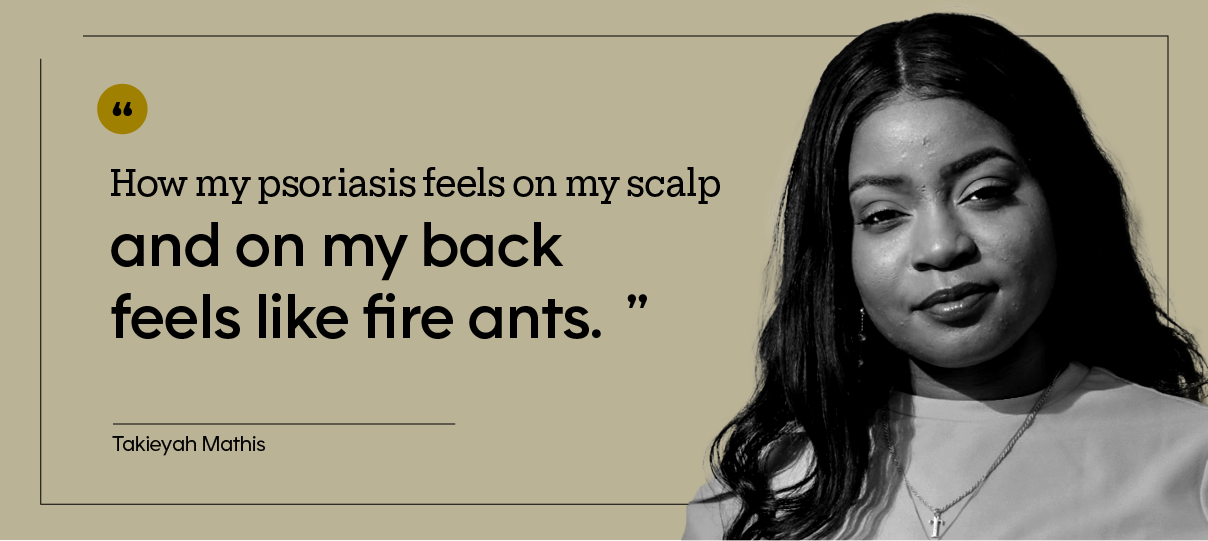
“I ended up with a few spots on my face and on my stomach, thinking that they were two different things,” she recalls.
At first, she thought the flakes on her scalp were dandruff. Her grandmother suggested it might be chickenpox. Takieyah went to the hospital, where doctors diagnosed her with psoriasis. Without proper knowledge, Takieyah says she looked into remedies on her own.
“I researched about psoriasis,” she says. “I tried to educate myself as far as remedies and things that would help my skin.”
She even started a garden to make shampoos and creams. “It was more of things that would soothe me, but it wouldn’t clear up anything,” she says.
Over time, she realized psoriasis feels different depending on where it’s located.
“How my psoriasis feels on my scalp and on my back feels like fire ants,” Takieyah says. “It’s everywhere biting me, an irritating, burning feeling.”
During a routine visit, her dermatologist noticed stiffness in her bones and referred her to a rheumatologist. This led to a diagnosis of psoriatic arthritis.
“I had a complaint about my feet because I modeled a lot, so I didn’t feel comfortable wearing heels anymore,” she says.
Now, Takieyah stays active by walking with family and friends to manage her symptoms. She also shares her experiences with others to raise awareness.
“Psoriasis likes to hide in the places we try to cover up,” she says. “You never know how long your flare-up will last, so it’s always an experiment.”
Her advice for others is simple: “Make sure you have a support system. And don’t forget to love yourself because you are not your diagnosis at all.”
Everyone experiences psoriasis differently
Kaitlin Walden, a 35-year-old entrepreneur from Puyallup, Washington, was diagnosed with psoriasis at age 6. She initially thought the psoriasis was dry skin. Over time, she realized it was much more.
![“Depending on how irritated my skin [is], it could feel like I have hot coals on it.” — Kaitlin Walden](http://images.ctfassets.net/4f3rgqwzdznj/7zcLu1yzG3cgRUsLFkeP98/086a109eec8a13aa4b050d5a506bd1e3/patient_stories_feel_psoriasis_quote_3.png)
She remembers holding a heating pad on her elbows and knees as a child when she felt pain.
Now, Kaitlin feels the effect that different environments have on her skin. Dryness causes her more discomfort, she says.
“Depending on how irritated my skin [is], it could feel like I have hot coals on it,” she says. And sometimes, the heat feels like it’s coming from her skin. “Like when you’re at a barbecue and you could feel the heat coming off like that, especially around my ears,” Kaitlin says.
Everyone experiences psoriasis differently, she says.
“We all don’t fit in a perfect little box,” she says. “All our symptoms and side effects of our conditions are our own.”
What does the doctor say?

Patricia Pinto-Garcia, MD, MPH
Senior Medical Editor
Psoriasis is an autoimmune condition that affects the skin. Not everyone with psoriasis — or any autoimmune condition — will have the same experience.
Some people may have more mild symptoms, while others have more severe symptoms. Some people go into remission quickly, but others have ongoing symptoms even with new treatments.
It’s important to know what psoriasis means for you. As these stories show, what you see and feel may be different from what others experience. But over time, you can start to spot the subtle signs of an oncoming flare-up and your typical pattern. This can help you prepare and monitor whether your treatments are working. It can also give you the information you need to advocate for yourself when choosing the right treatment plan with your healthcare team.

Why trust our experts?
